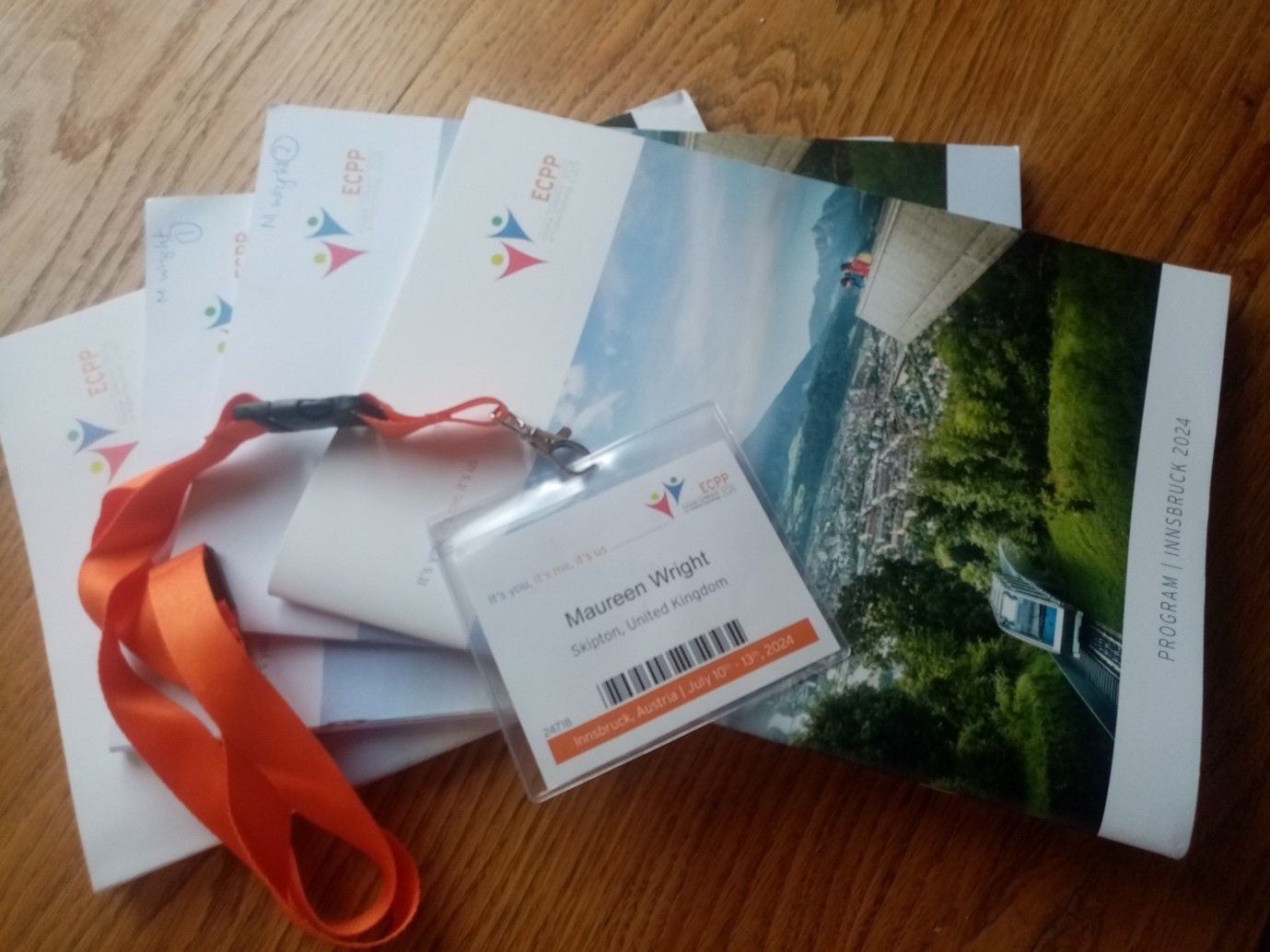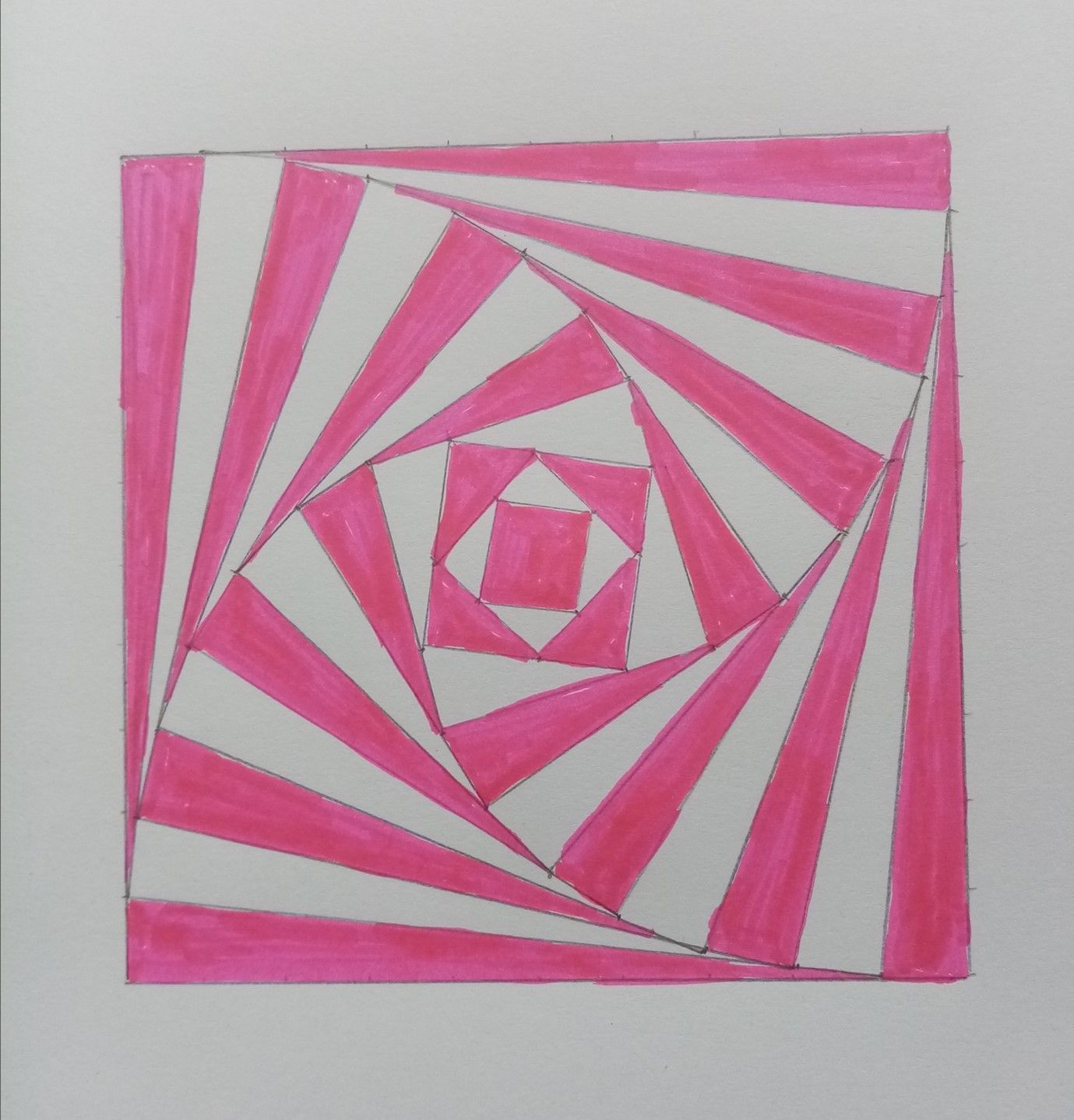Innsbruck 2024 Positive Psychology Conference Highlights (Part 1)

The 11th European 3-day Conference on Positive Psychology (ECPP) has just finished. Delegates, including me, were left buzzing with the wealth of amazing work being shared by practitioners and researchers, the opportunity to meet like-minded colleagues from around Europe, all set in the inspirational surroundings of Innsbruck in the Tyrol, Austria.
Hats off to Marta Bassi, President of the European Network of Positive Psychology and Stefan Höfer, Conference Chair, ECPP 2024. They led the organisation of a fantastic event, making sure that the more than 1000 delegates attending had a stimulating and uplifting experience.
This and the next blog will briefly report on some of the research themes, to give a flavour of the breadth of different ways and contexts that positive psychology is being applied to improve the wellbeing of individuals and organisations.
Positive Health: Positive Psychology meets Lifestyle Medicine
An interesting presentation from Jolanta Burke presented research and examples of her work at the intersection between positive psychology and lifestyle medicine. She explained that lifestyle medicine is an evidence-based discipline that aims to empower people to prevent and manage their own health by using behaviour change skills to support holistic lifestyle changes. You can find out more about lifestyle medicine here.
Jolanta has been exploring how Positive Psychology interventions (PPis) can be adapted for use in this discipline and reviewing the research that currently exists. The emerging field of ‘Positive Health’ is an exciting new direction for applied Positive Psychology in Healthcare, prompting future research avenues for positive health interventions (Phis). Watch this space!
Positive Psychology & Arts Engagement
A number of interesting research projects concerning arts engagement and wellbeing were introduced, including projects exploring how the spatial environment impacts wellbeing, noting evidence from both urban and rural contexts.
Another project on ‘Virtual Art Gallery Visits’, explored the influence of personality, art interest and aesthetic responsiveness on wellbeing after the virtual visit. The conclusion was that virtual art engagement is a viable wellbeing intervention, though a degree of personalisation may be needed to gain benefits.
Using Strengths to activate Positive Organisational Development
Jillian Copley from the VIA institute outlined a comprehensive strengths-based organizational development model she and others have been developing over the past 5 years in the USA.
The process of introducing and integrating a strengths-based culture within an organization operates at the levels of the individual, relationships and team. It adopts a ‘know’, ‘see’ and then ‘apply’ learning process and has evolved a systematic implementation programme, based on what organizations wanted at different phases of development. It has created a huge library of digital resources aimed at helping organizations implement strengths-based approach to become ‘At their Best’.
Positive & Health-Oriented Leadership and Teams
Finally, Mareike König and Melanie Maurer outlined a practitioner project they have been undertaking with leaders and teams (in a well-known electrical goods supplier) to enhance wellbeing, growth and flourishing at work.
This used separate strengths-based learning programmes for teams and leaders, organised fortnightly over 10 weeks. It used these key questions to help participants reflect on their wellbeing at work and plan for positive change:
- What gives you positive emotions at work?
- What work relationships matter to you?
- What opportunities do you have to apply your strengths in your work?
- What makes your work meaningful?
Other questions for workers, integrated with the project, were designed to evoke positive attitudes and mindsets at work. This presentation gave a very practical example of a system-wide culture change intervention to embed positive organisational and health-oriented change in a commercial setting.
Hopefully, these synopses give a flavour of the wealth of amazing work being done around the world in the field of applied Positive Psychology. Look out for next week’s blog where more reports will be shared.











